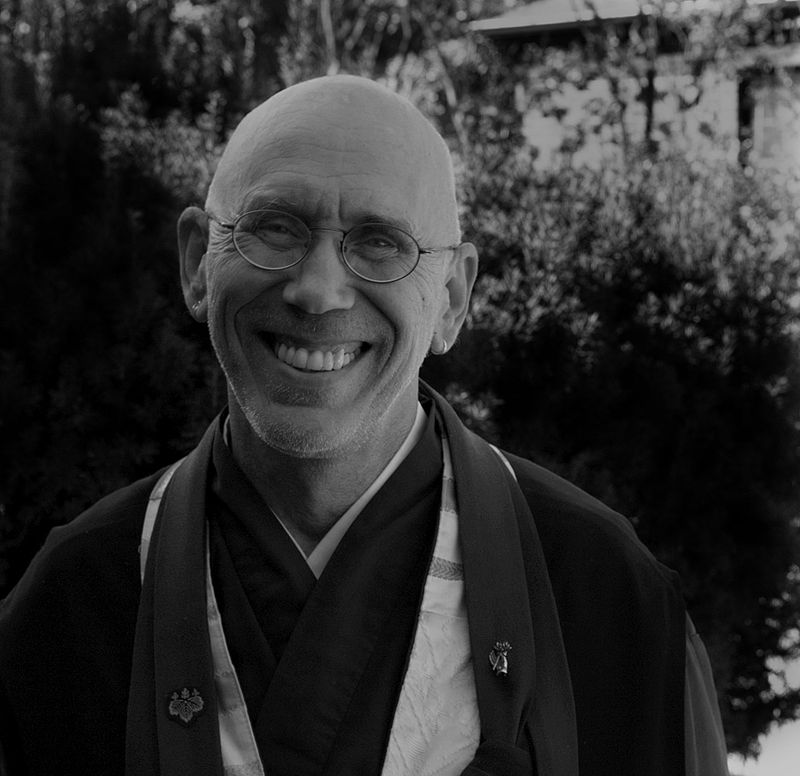Claude AnShin Thomas is a former veteran turned Buddhist monk dedicated to the cause of nonviolence and ending all wars, both internal and external that plague humanity.
Can you tell us about your human and spiritual journey?
The human and spiritual journey is most thoroughly covered in the Italian language version of the book “At Hell’s Gate, A Soldier Journey From War To Peace”. The Italian language title however is “Once I Was A Soldier”. The book is published in Italy by il Saggitore.
A short synopsis of my human and spiritual journey is that I grew up in an abusive family, My mother was the primary abuser. My parents separated and divorced when I was quite young. I grew up with my father. I joined the military at a young age, 17 years old. I volunteered to go to war, in Vietnam as soon as I was 18 years old. I was involved in quite heavy and continuous fighting. I was wounded and spent time in a military hospital. I was discharged from the hospital and the military addicted to narcotics which I was being given for pain. I lived homeless for a period of about 2 years.
After the war, I was unable to hold a job for any length of time. I was incapable of any sort of intimate relationship. The memories of the war simply would not leave me alone and I was unable to stop using drugs including alcohol. I entered a clinic to stop using drugs (including alcohol). This was on the 28th of May 1983. I have not used any intoxicants since that day.
After 7 years of abstinence I found myself in a Buddhist Retreat with other combat Veterans from the Vietnam War. There I was introduced to the practice of meditation. The practice that was emphasized was one that meditation and daily life were not two things. What I was introduced to in this retreat was a disciplined spiritual practice that has since supported me in discovering how my once perceived greatest liabilities were to become my greatest assets.
What is your current mission and priority?
Information regarding the work that is growing around my activities in the world can be found at www.zaltho.org or www.zaltho.de or www.zaltho.it.I actually do not have a mission in the pure sense of the word. When I became ordained I took the vows of a mendicant monk. Part of those vows is to accept any and all invitations that come my way. So, I facilitate retreats in which I pass on what was given to me – that meditation and daily life are not two things. But that a committed, sustained, disciplined sitting practice is the foundation. So, I advocate to everyone who encounters to begin a disciplined practice by sitting every morning and every evening for a minimum of 5 minutes.
My priority is to wake up to the roots of war, violence, and suffering in me. To communicate to all those whom I have the privilege to meet either through public talks or retreats – that if I want the world to be different then I have to live differently. The process is not to attempt to change the world but to realize that as I change the world changes.
At this seemingly dark moment in human events, what message do you think is a priority to give to humanity?
What if I want the world to be different then I have to live differently. That the world and I are not 2 separate things.
“We can only become peace”: Is it in the understanding of suffering that humanity can make radical progress?
I don’t ascribe to the notion that progress needs to be radical. The key is to understand the nature of suffering. This, the nature of suffering, rests in all of our ideas of things. For example: many people will say to me that they don’t want to suffer, that they want to be happy. But in attempting to get the world to conform to our ideas of happiness, our ideas of safety, our ideas of comfort, we are actually creating suffering,
Thich Nath Han stressed the importance of nonviolent resolution of inner and outer conflicts: what could he say today in the face of terrible conflicts like the current Palestinian conflict?
I have no idea.






